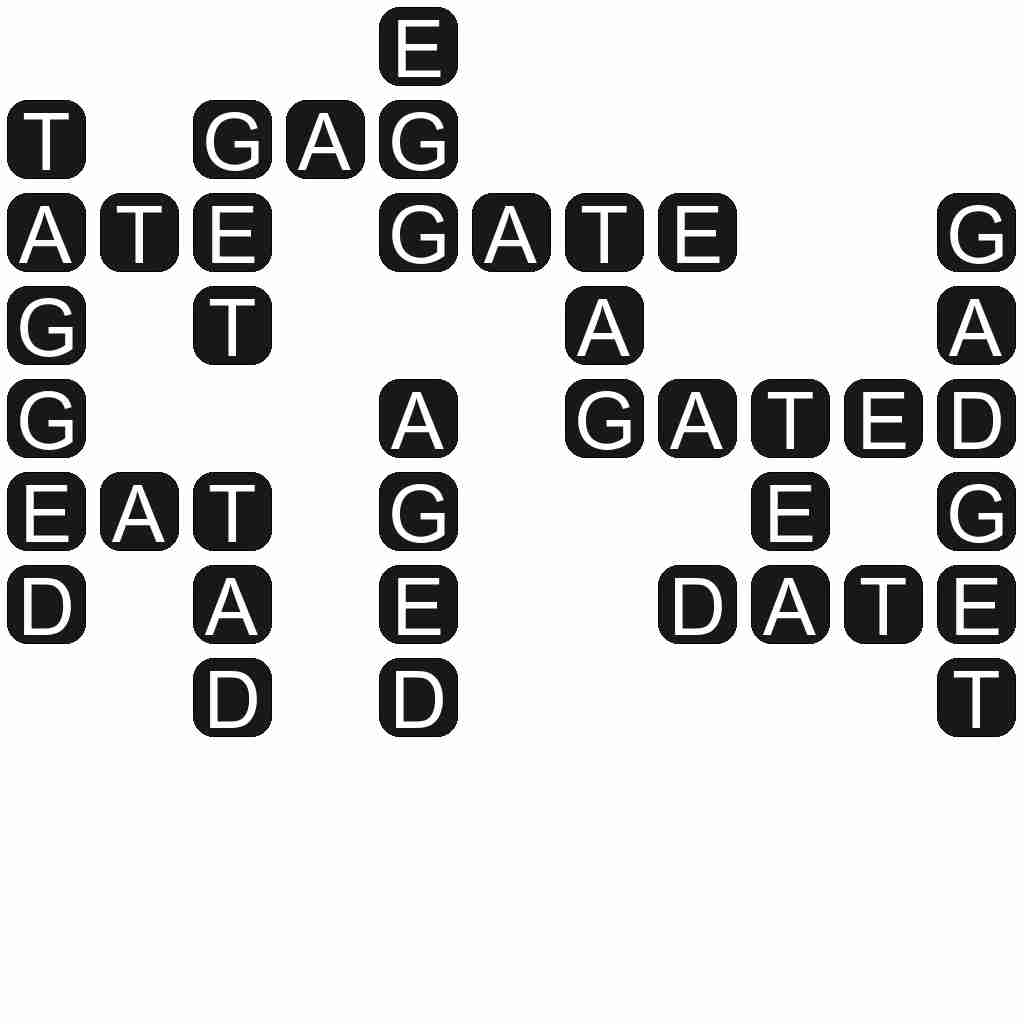The Importance of Words in Modern Communication

Introduction
Words are the primary tools of communication, playing a crucial role in how we express thoughts, share information, and connect with others. In an age dominated by digital communication, the choice of words has become increasingly significant. From social media posts to professional emails, the words we select can influence perceptions, drive actions, and foster relationships.
The Evolution of Language
Language has evolved significantly over centuries. Today, with the rise of technology, new words are continuously emerging while older terms fade away. For instance, during the COVID-19 pandemic, terms like ‘social distancing’, ‘quarantine’, and ‘flatten the curve’ gained rapid popularity, demonstrating how words adapt to contemporary issues. Linguists estimate that over 1,000 new words enter the Oxford English Dictionary each year, reflecting cultural shifts and technological advancements.
Impact of Words on Society
The impact of words extends beyond personal communication; they shape societal norms and influence public opinion. Studies show that rhetoric can drive social movements and motivate change. Notable speeches, such as Martin Luther King Jr.’s ‘I Have a Dream’, highlight the extraordinary power of carefully chosen words to inspire action. Furthermore, in politics, the manipulation of language can sway voter sentiment, as seen in various political campaigns worldwide.
The Digital Age and Words
In the digital landscape, the importance of words becomes even more pronounced. Social media platforms like Twitter and Instagram have created a space where succinct messaging is key. Users are challenged to convey complex ideas using fewer words, leading to the popularisation of acronyms and hashtags. This shift, however, raises questions about the depth of communication and the potential for misunderstandings. The reliance on visual elements alongside text demonstrates the evolving nature of language in the digital age.
Conclusion
As we continue to navigate an increasingly digital and interconnected world, the power of words remains undeniable. They serve as the building blocks of communication and represent our thoughts and feelings. Understanding the significance of our word choices can lead to greater clarity, empathy, and connection in our interactions. Looking ahead, it is essential for individuals and organisations to be mindful of their language, recognising that every word counts.
